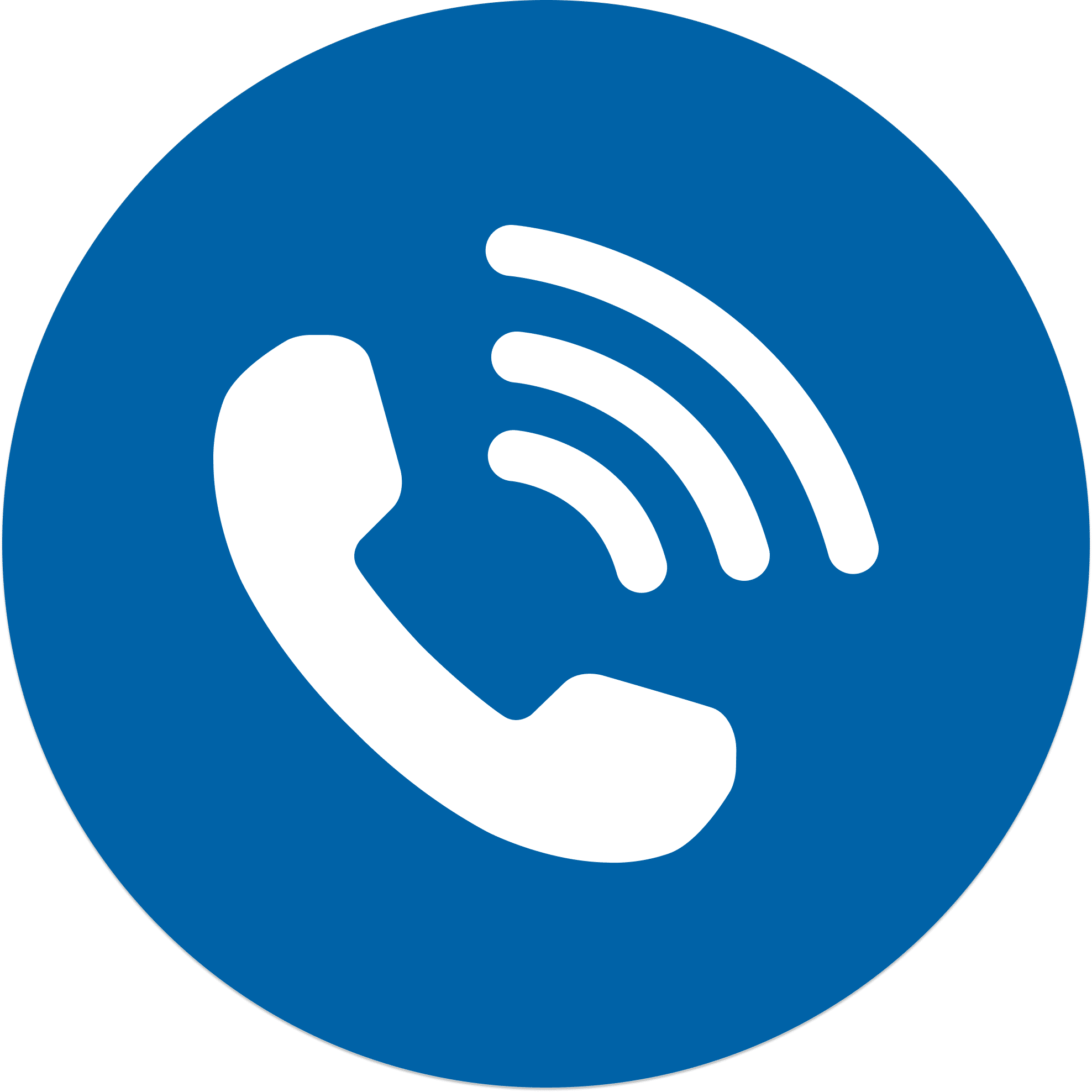
After working on a computer or browsing on your phone for too long, do your eyes become tired, dry, or strained? Are you wondering how to protect your eyes from computer screens? Then you’ve experienced what so many others have: digital eye strain. The past year has pushed many people to work or take classes from home, which leads to increased hours of screen time. Learning how to protect your eyes from computer screens can prevent you from feeling the discomfort of digital eye strain.
Table of Contents
What is an Eye Strain?
Eye strain is a condition that is commonly associated with driving long distances or staring at screens and other digital devices. It usually occurs when your eyes get tired from intense use, and it will usually subside on its own. For the most part, a digital eye strain is more annoying than painful. However, in some cases, eye strain can be a sign of an underlying eye condition that may require treatment.
Do Screens Damage Your Eyes?
In the digital age, technology has helped us accomplish more. But after hours of looking at screens, your eyes may become watery, dry, sore, or itchy. That’s because the light, specifically blue light, emitted off your computer or phone’s screen can put a strain on your eyes. Some long-term studies have shown that it can damage your retinal cells, which may lead to age-related macular degeneration. Until more research is conducted, most experts don’t believe that screens cause permanent damage to your vision, but it is important to protect your eyes overall. Digital eye strain headaches are a common symptom of eye strain from excessive screen time.
How to Protect Your Eyes From Computer Screens
Do you feel some discomfort in your eyes after a long day of looking at your digital devices? If so, then you’re probably looking for a way to reduce digital eye strain symptoms. Here are some tips on how to protect your eyes from computer and phone screens.
The 20/20/20 Rule
One of the most practical ways to protect eyes from computer screens is the 20/20/20 rule. It works like this, for every 20 minutes you spend staring at a screen, you must look at something at least 20 feet away for 20 seconds straight. This provides your eyes with a much-needed break. Feel free to adjust the amount of time you look away from a screen—the longer, the better.
Adjust the Lighting
Whether you are working from home or at the office, make sure your environment is appropriately lit. Less light in your room is actually better for your eyes. To ensure your work environment isn’t too bright, close curtains and use lower voltage bulbs.
Regular Eye Exams

A regular eye exam can help you get ahead of any eye conditions or problems from which you may suffer. It can also be a great opportunity to see if there are treatments out there for your specific eye issues. Talk with an expert today about your eye health.
Reduce Glare
When possible, using an anti-glare matte screen can help reduce the effect glare can have on your eyes. Glare from your computer or phone’s screen stops your eyes from making adjustments that they need for you to focus. If you wear glasses, make sure your lenses have an anti-reflective coating.
High-Resolution Screens
The typical screens you deal with today offer refresh rates of 75Hz or more. The higher the better. Furthermore, screens with higher resolutions appear more lifelike. When you can’t see the pixels, your eyes don’t work as hard to make sense of the images in front of you.
Use Artificial Tears
One of the best ways to treat your eye strain problem is with artificial tears. As an effective way of keeping your eyes lubricated, artificial tears can be bought over the counter. Some artificial tears come with preservatives and some without, so you may need to try a few before finding the one best for you.
When To See A Doctor
If you are suffering from eye strain and are not finding relief from the above solutions, it may be time to see your eye doctor. As mentioned before, a regular eye exam can help you get ahead of any underlying conditions that are affecting your eyes. It can also be an opportunity for you to ask how to protect your eyes from computer screens. In the case that you do have an underlying eye condition, and want to see if you are a candidate for LASIK you should schedule a free consultation. You can trust that our doctors will help find the best solution for your eyes.








